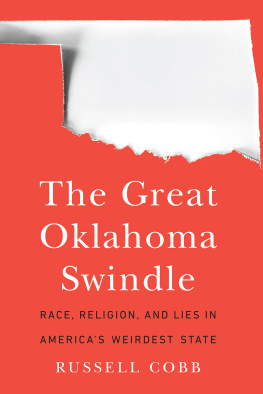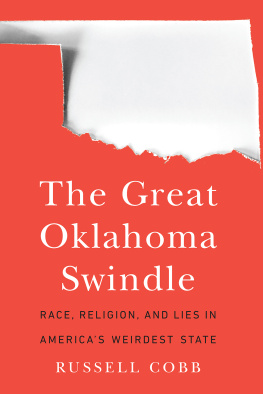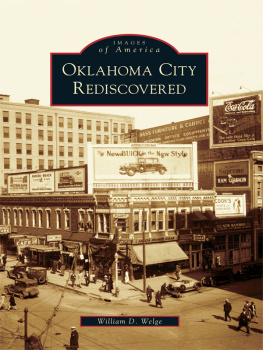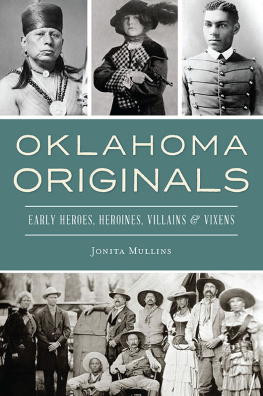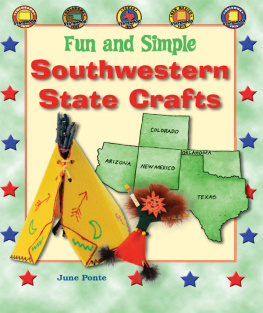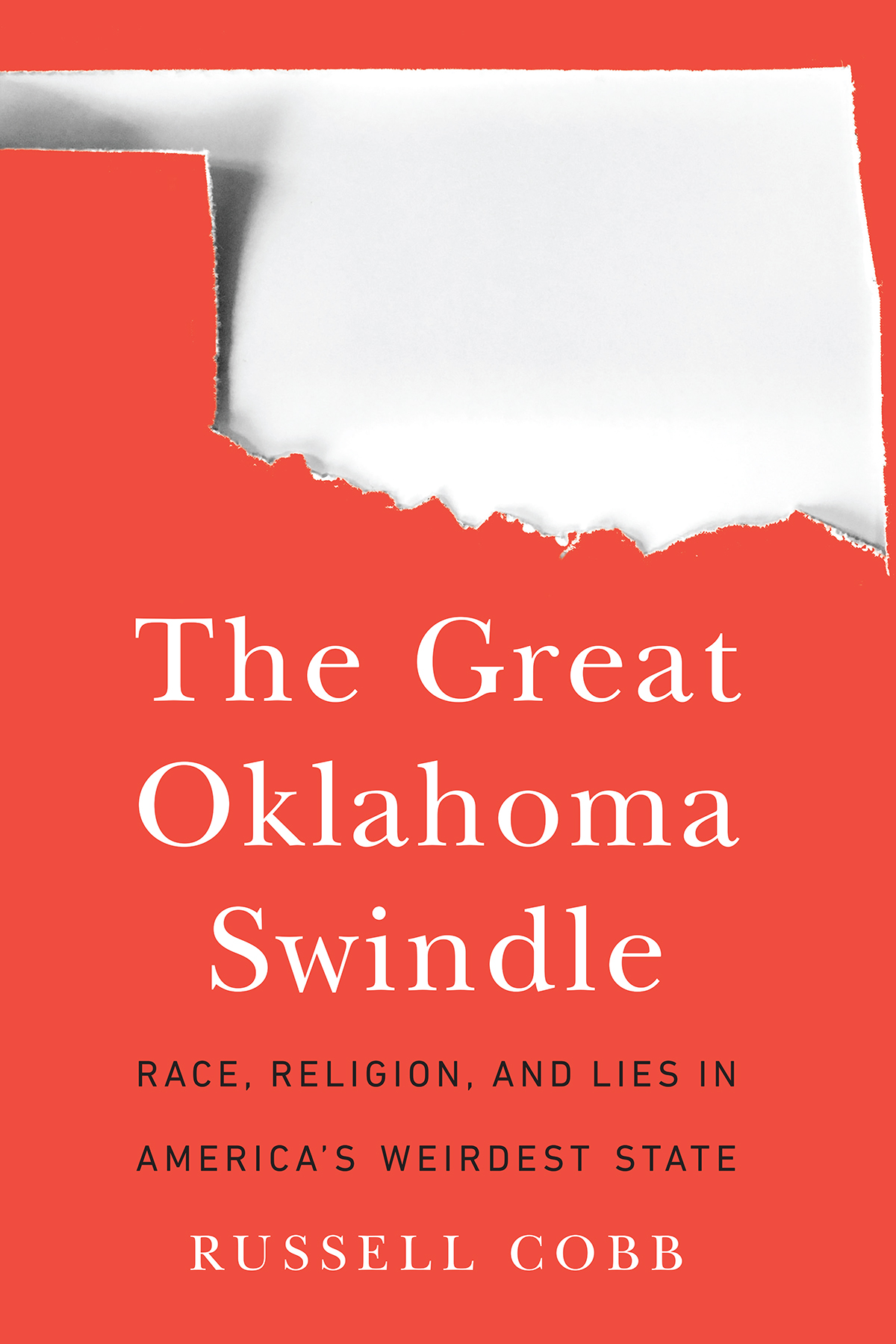
The Great Oklahoma Swindle shows that Oklahomas story is all-American in a compressed timeline. That Cobb stands toe to toe with his state and never blinks makes this project a compelling read.
Matt Sutherland, Foreword Reviews
This unflinching look at Oklahomas singular past helpfully fills in lesser-known aspects of the historical record.
Publishers Weekly
For the geographer and layperson alike [The Great Oklahoma Swindle] is an outstanding, timely, and accessible primer for better understanding how much the U.S. is shaped by the converging legacies of neoliberal governance, settler colonialism, and systemic racism. Loving a place is not always easy, but Russell Cobbs The Great Oklahoma Swindle sets an exemplary and thought-provoking model for other writers to follow in the twenty-first-century American scene.
Robert Briwa, Journal of Geography
The Great Oklahoma Swindle should be required reading for every citizen of the state, especially schoolchildren. As a human geographer and writer of history, I am truly impressed by how Cobb has unwrapped the exaggerations, stereotypes, and hidden history of Oklahoma to present a refreshingly accurate account of this puzzling place that I love, warts and all.
Michael Wallis, best-selling author of The Best Land under Heaven: The Donner Party in the Age of Manifest Destiny
A swindle is a fraudulent scheme or action taken by those with the intention of using deception to deprive someone of money or possessions, sometimes just dignity. Russell Cobb has penned one of the most direct, frank, rough, rustic, reasoned, and realistic approaches to a deep dark side of what was intended to be deep dark secrets at the core of Oklahomas red soil, red soul, and redneck essence with regard to its grit, greed, grandeur, and contrived gravitas, based in faith, farce, and fraud. I found it profoundly and profanely revealing and educational. It should be required reading for every serious student of history or those who love the truth regardless of how painful or pitiful the honest truth can be.
Rev. Carlton Pearson, progressive spiritual teacher and author of The Gospel of Inclusion, the subject of the Netflix film Come Sunday

The Great Oklahoma Swindle
Race, Religion, and Lies in Americas Weirdest State
Russell Cobb
University of Nebraska Press | Lincoln
2020 by the Board of Regents of the University of Nebraska
Cover designed by University of Nebraska Press.
Acknowledgments for previously published material appear in , which constitutes an extension of the copyright page.
All rights reserved
The University of Nebraska Press is part of a land-grant institution with campuses and programs on the past, present, and future homelands of the Pawnee, Ponca, Otoe-Missouria, Omaha, Dakota, Lakota, Kaw, Cheyenne, and Arapaho Peoples, as well as those of the relocated Ho-Chunk, Sac and Fox, and Iowa Peoples.
Library of Congress Cataloging-in-Publication Data
Names: Cobb, Russell, 1974 author.
Title: The great Oklahoma swindle: race, religion, and lies in Americas weirdest state / Russell Cobb.
Description: Lincoln: University of Nebraska Press, [2020] | Includes bibliographical references and index.
Identifiers: LCCN 2019020725
ISBN 9781496209986 (cloth)
ISBN 9781496230409 (paperback)
ISBN 9781496220035 (epub)
ISBN 9781496220059 (pdf)
ISBN 9781496220042 (mobi)
Subjects: LCSH : Cobb, Russell, 1974 | Collective memoryOklahoma. | OklahomaHistory. | OklahomaSocial conditions. | OklahomaReligious life and customs.
Classification: LCC F 694 . C 63 2020 | DDC 976.6dc23
LC record available at https://lccn.loc.gov/2019020725.
The publisher does not have any control over and does not assume any responsibility for author or third-party websites or their content.
To all yall Okies, with love.
oklahoma will be the last song
ill ever sing
Joy Harjo
I grew up in Tulsa, Oklahoma, like an idiot in some book.
Bill Hader
Contents
Before the seedling of this book broke through the Oklahoma red dirt, I had a chance encounter with a history professor at the University of Iowa as an undergraduate. He expressed interest in my Oklahoma upbringing and told me stories about the Green Corn Rebellion, the leftist politics of Woody Guthrie, and the influence of the Socialist Party in Oklahoma. I could not believe that Oklahoma had brought forth such radicalism, and I feverishly related all I learned to Alex Wayne, who has remained a friend all these years later. Friends in graduate school at the University of Texas at Austin and later at The Nation internship program in New York also helped urge me along my path toward a total reassessment of Oklahoma history. Late-night discussions with William Lin, Kabir Dandona, Matthew Maddy, and Justin Vogt put Oklahomas contradictions in context. Jonathan Shainin provided some early editorial guidance in various publications.
The staff at This American Life, especially Julie Snyder, Alex Blumberg, and Ira Glass, had faith that the story of a figure practically unknown in the secular world from the backwater of Oklahoma would resonate with a national audience. I am still amazed and honored that I was able to have a hand in writing and framing Carlton Pearsons story for the This American Life segment on Heretics. Carlton remains a friend and a mentor. He helped me see another layer of complexity in the culture of evangelicalism.
This book started to take its current shape with the creation of This Land Press, a little magazine once labeled the New Yorker with balls by Columbia Journalism Review. From 2010 to 2015, Michael Mason provided a window into Oklahomas weird reality that bucked all conventions. This Land was fearless, odd, unpredictable. I am very proud of my contributions to the magazine and indebted to Michaels support in getting an early version of many of the stories related here out into the world. Although the magazine has ceased publication, its free-spirited and contrarian nature lives on in the Tulsa Voice through the editorship of Jezy Gray, who has been particularly supportive of my research around Muscogee (Creek) Tulsa.
The Oklahoma Policy Institute is a state treasure that provides a reality-based check to some of the more ridiculous initiatives that come from the states political class. The institutes director, David Blatt, not only helped me understand why, for all the depressing statistics, things could also be worse, but he also drew out interesting comparisons with my adopted homeland in Alberta, Canada. Chapter 2 was supported by the journalism nonprofit the Economic Hardship Reporting Project. The rage that fueled my article for the Guardian on Oklahoma as Americas failed state was harnessed into a large-scale research project by Matthew Bokovoy, who has ably shepherded this project from its beginnings into ahopefullycoherent story about how messed up Oklahoma is and how it got that way. Matt, and everyone at University of Nebraska Press, believed that there was an important story to be told and helped fill in my woeful gaps of knowledge about Five Tribes scholarship. Brian Hosmer at the University of Tulsa also provided crucial feedback along with the way.
A special shout-out to my Okie contrarian brethren who have provided inspiration and friendship over the years, especially Chris Hastings, Chris Sachse, Jeff Weigant, and Bob Blakemore. Music fueled our first rebellions, and our raucous, disjointed experiments in punk, hip-hop, and God knows what else helped us forge community and create survival strategies for growing up as black sheep in a conformist town on the Bible Belt.
Next page
